Proactive community adaptation to climate change through social transformation and behavioural change
The strategic objective of PRO-CLIMATE is to support communities to proactively adapt to climate change through social transformation and behavioural change. To achieve this, PRO-CLIMATE will identify social tipping points and policy actions that enable systemic transformation to be achieved across social systems.
About PRO-CLIMATE
PRO-CLIMATE is a project funded by the Horizon Europe Programme under the call topic:
“HORIZON-CL5-2023-D1-01-09 Behavioural change and governance for systemic transformations towards climate resilience“
10
Partners
7
Countries
36
Months
01/24 - 12/26
Duration
3,666,685
EU funding
Our Living Labs
In our case studies we will run Living Labs to gather stakeholders and organise focus groups and workshops to understand community governance and institutional structures, and to also pilot and validate the project’s behaviour change activities.
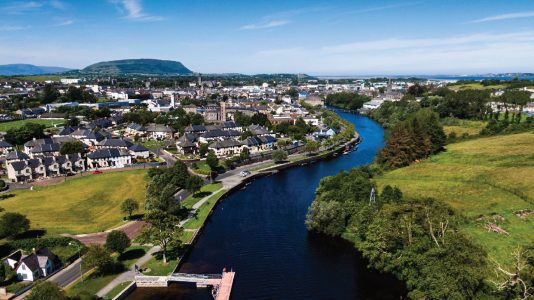
Sligo, Ireland
Located in the Border Region with Northern Ireland, UK Sligo is the largest town in the county, with a population of 22,560. The population of the county was 65,535 in 2016.
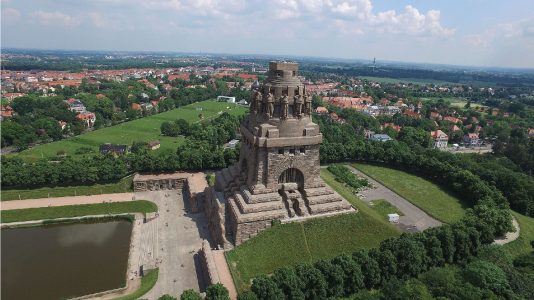
Leipzig, Germany
The most populous city in Saxony and 8th in Germany, it has 624,689 inhabitants. Leipzig is a growing city: 51,834 people moved here in 2022.
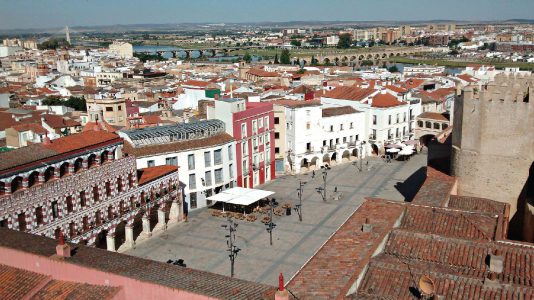
Badajoz, Spain
Badajoz is a NUTS3 region, located in the south-west of Spain. Its population is 672.137 inhabitants, population decline is a protracted trend and has a low population density (29 inhabitants/km2).
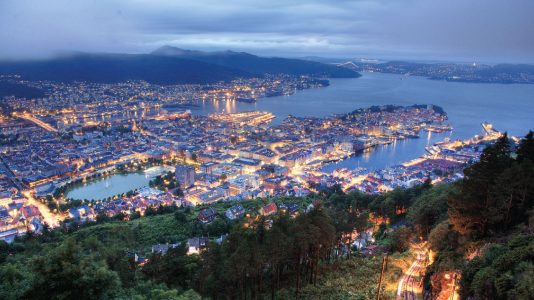
Bergen, Norway
West coast of Norway, fjorded mountainous landscape. V estland has a population of 638,821 (2021) of which 285,900 live in the capital, Bergen, Norway’s second largest city.
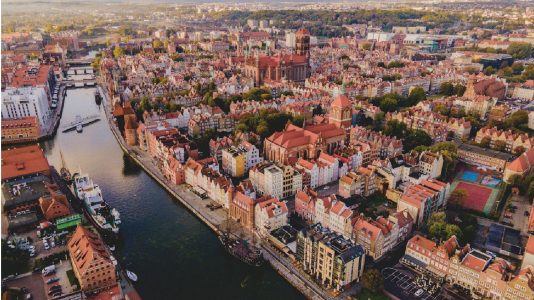
Gdansk, Poland
Inhabited by 486,000 people, it is one of the largest cities in northern Poland and the Baltic Sea Region. As a result of the Ukrainian-Russian war, the number of inhabitants increased to 618,000.
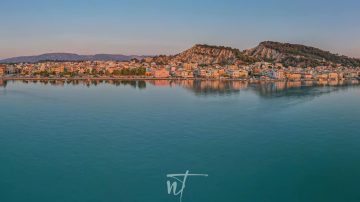
Zakynthos, Greece
Zakynthos is the third largest of the Ionian islands and it covers an area of 405.55 km2. The resident population amounts to 40,759 though this number rises considerably during summer.
Join the PRO-CLIMATE community
Latest news
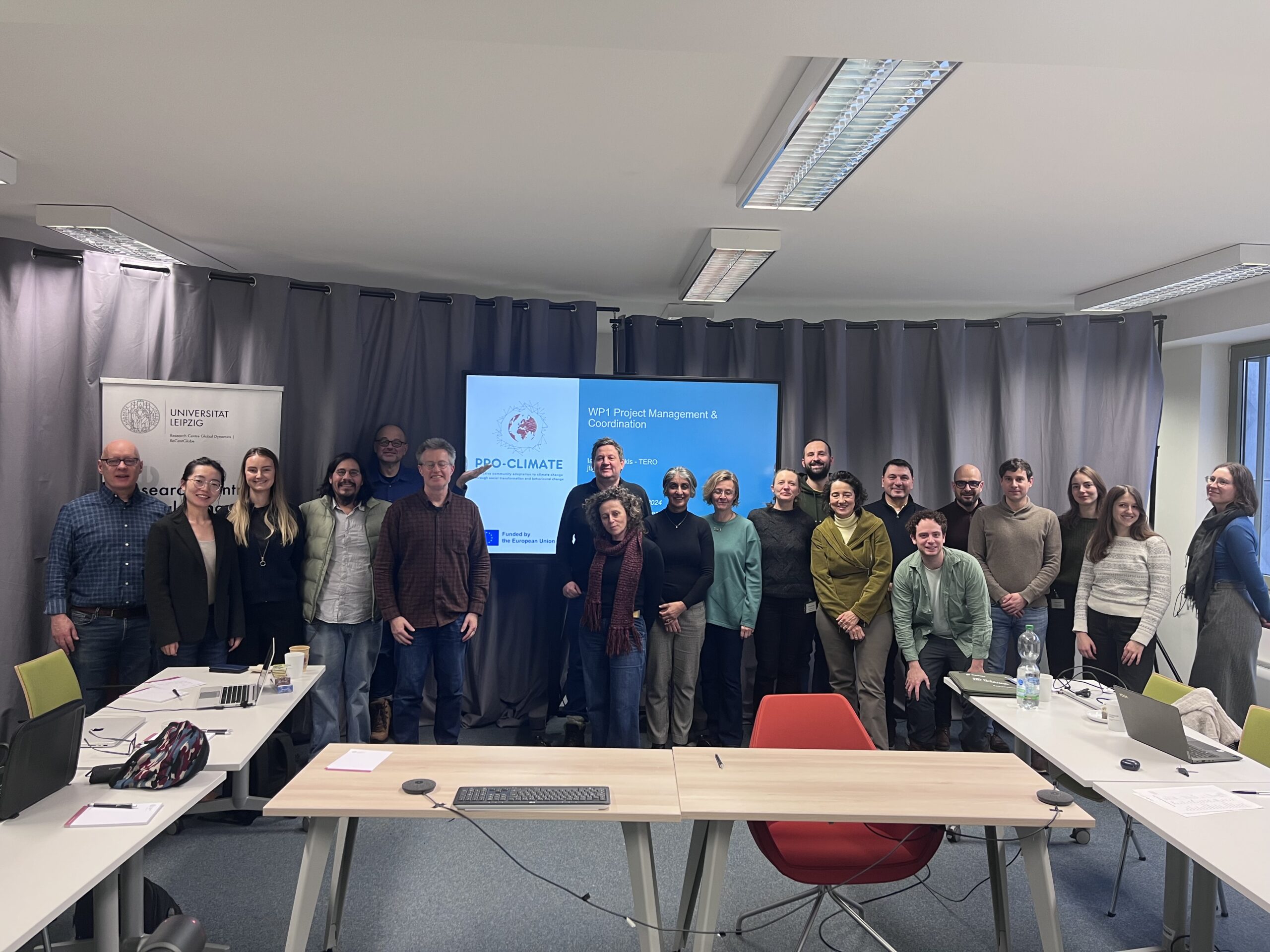
PRO-CLIMATE Partners Meet in Leipzig for the 5th General Assembly
On 4–5 February 2026, the PRO-CLIMATE consortium gathered in Leipzig, Germany, for its 5th General Assembly Meeting. The aim was to review progress, align upcoming activities, and strengthen collaboration across work packages and Living Labs. The meeting opened with a comprehensive project update, focusing on how PRO-CLIMATE results can more effectively reach policymakers at European, national, and local levels. Partners discussed concrete pathways to enhance policy uptake, including engagement with the Committee of the
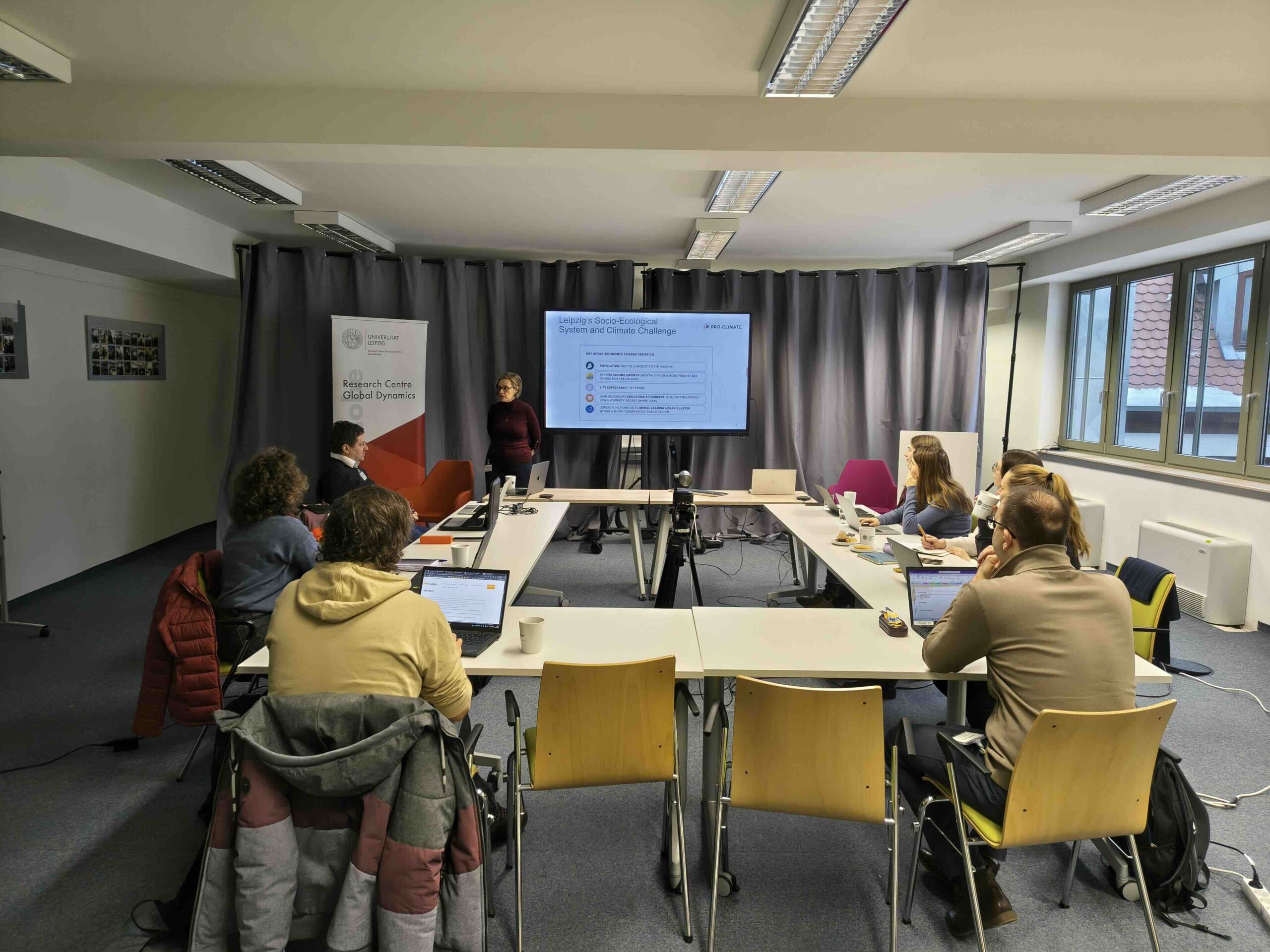
From Planning to Implementation: PRO-CLIMATE Workshop Unpacks Climate Governance Bottlenecks in Leipzig
Hosted by Leipzig University, the PRO-CLIMATE team met with city officials to present results from “WP3: Mapping of Climate Adaptation Systems”, led by the Co-opAbility Institute. Dr. Irini Theodorakopoulou and the Co-opAbility team presented a “Participatory Governance Assessment” for the City of Leipzig. While the city has set ambitious targets (including carbon neutrality by 2030) the assessment identified a critical “implementation gap”. Key findings revealed that while decision-making processes are formally clear, they remain

PRO-CLIMATE strengthens rural climate adaptation through co-creation with REDEX and Local Action Groups from Badajoz
On 29 January 2026, Diputación de Badajoz and CARTIF organised a bilateral co-creation workshop with the Extremadura Rural Development Network (REDEX) and Local Action Groups (LAGs) from the province of Badajoz, reinforcing the role of rural governance structures in addressing climate change through locally driven adaptation strategies. The online event provided a space for joint reflection on how climate change is reshaping rural development dynamics and how existing territorial tools can be mobilised to
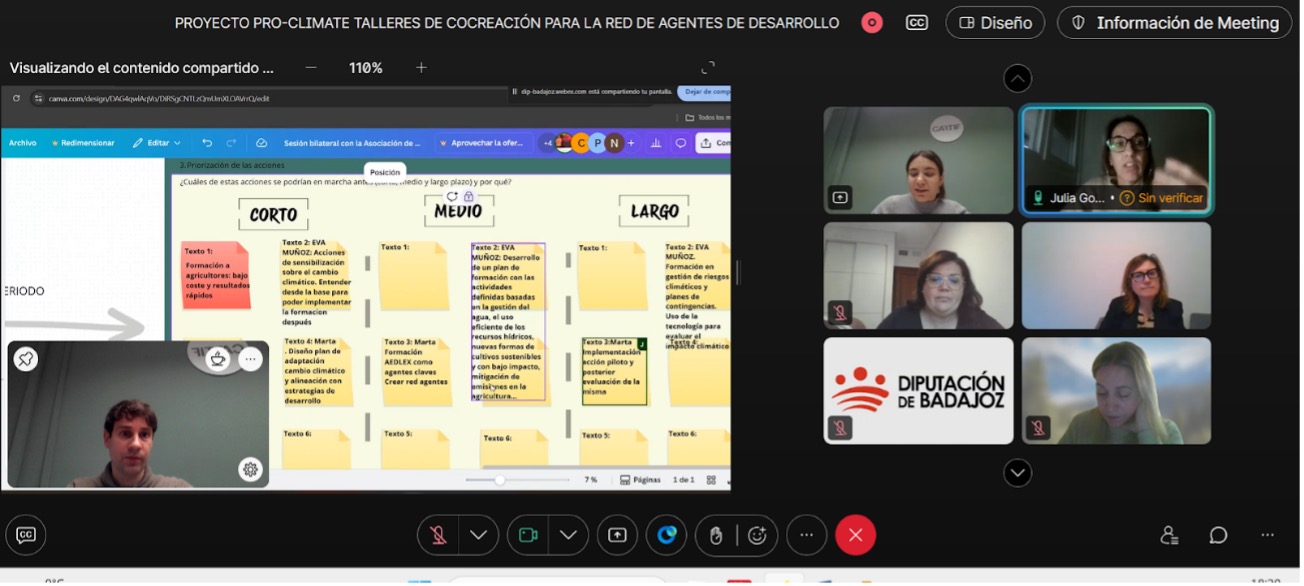
PRO-CLIMATE engages local employment and development agents to strengthen climate adaptation in Badajoz
As part of its ongoing activities, the European project PRO-CLIMATE organised an online workshop on 14 January 2026 with the Association of Local Employment and Development Agents of Extremadura, aiming to reinforce the role of local actors in advancing climate change adaptation through social and behavioural transformation. The event brought together representatives from local and regional administrations to reflect on the growing impacts of climate change in Extremadura and their implications for employment, entrepreneurship

ATU Sligo Highlights Climate Awareness at Climate Action Week Quiz Night
On 13th October 2025, Atlantic Technological University (ATU) Sligo marked Climate Action Week by integrating a dedicated climate-themed round into its annual Maths Week Quiz Night. This year’s event, co-hosted by the Sligo Living Lab and the ATU Math Department, featured, for the first time, a quiz section focused specifically on climate change, with an emphasis on local Sligo-based climate questions. The special climate round was developed and facilitated by Dr. Xu Liu and
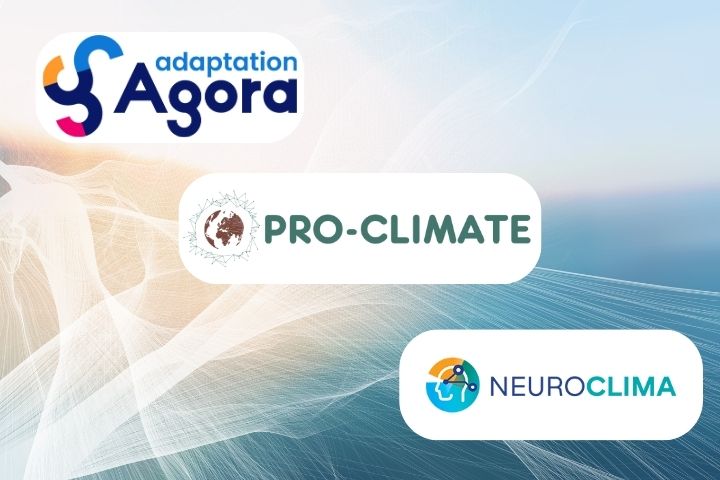
PRO-CLIMATE and NEUROCLIMA Drive Co-Creation at Adaptation AGORA Final Event
The PRO-CLIMATE along with its sister project NEUROCLIMA took center stage at the Adaptation AGORA Final Event on November 13, where we presented the project’s innovative Living Lab approach and engaged a high-level audience in co-creating adaptation solutions. The presentation, delivered to a distinguished audience including EU Climate Pact Ambassadors, Policymakers, representatives from other Horizon Europe (HE) projects, academia, and local and regional authorities, focused heavily on PRO-CLIMATE’s methodology for achieving proactive community adaptation.
